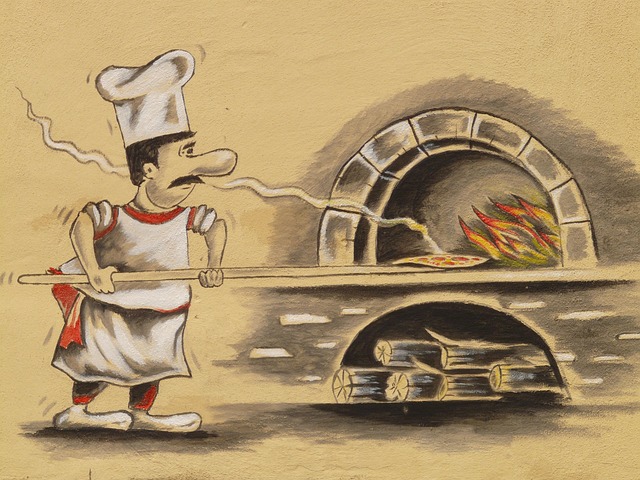
The Same-sex Marriage Judgement in India
The ongoing discourse surrounding same-sex marriage in India has reached a pivotal moment with the Supreme Court's deliberations. On November 14, 2022, two same-sex couples filed writ petitions seeking legal recognition of their marriages under the Special Marriage Act, 1954. This act currently recognizes marriage solely between a male and a female, which the petitioners argue constitutes discrimination against same-sex couples.
The Legal Framework
The Special Marriage Act, 1954, was enacted to provide a civil framework for marriages in India, allowing individuals to marry irrespective of their religion. However, the act's definition of marriage has been a point of contention, particularly for LGBTQIA+ individuals. The petitioners assert that the exclusion of same-sex marriages from this legal framework denies them essential matrimonial benefits, including adoption rights, surrogacy, and various employment and retirement benefits.
Arguments Presented
During the hearings, which spanned over ten days, the petitioners emphasized that the non-recognition of same-sex marriages infringes upon their fundamental rights to equality, freedom of expression, and dignity as enshrined in the Indian Constitution. They contend that the current laws perpetuate a system of inequality and discrimination, which is contrary to the principles of justice and fairness.
Broader Implications
The petitions have been tagged with several others challenging personal laws, including the Hindu Marriage Act, 1955, and the Foreign Marriage Act, 1969. This collective challenge raises significant questions about the compatibility of existing marriage laws with contemporary understandings of equality and human rights.
As society evolves, so too do the interpretations of laws that govern personal relationships. The petitioners argue that the recognition of same-sex marriage is not merely a matter of legal acknowledgment but a step toward affirming the dignity and rights of all individuals, regardless of their sexual orientation.
The Supreme Court's Role
On May 11, 2023, the five-judge bench of the Supreme Court reserved its judgment after extensive hearings. This decision is highly anticipated, as it could set a significant precedent for LGBTQIA+ rights in India. The court's ruling will likely address the core issues of discrimination and equality under Article 14 of the Constitution, which guarantees the right to equality before the law.
Potential Outcomes
The judgment could lead to several outcomes, ranging from the outright recognition of same-sex marriages to a more nuanced approach that may involve legislative changes. Regardless of the decision, the case has already sparked a broader conversation about the rights of LGBTQIA+ individuals in India and the need for legal reforms to ensure equality.
Conclusion
The journey toward legal recognition of same-sex marriage in India is emblematic of the larger struggle for LGBTQIA+ rights. As the Supreme Court prepares to deliver its judgment, the implications of this case extend beyond the courtroom, touching the lives of countless individuals seeking recognition, dignity, and equality. The outcome will not only shape the legal landscape but also reflect the evolving societal attitudes toward love and partnership in contemporary India.

















 Casebook Pbc: A Game-Changer in Human Services Software
Casebook Pbc: A Game-Changer in Human Services Software 
 Health
Health  Fitness
Fitness  Lifestyle
Lifestyle  Tech
Tech  Travel
Travel  Food
Food  Education
Education  Parenting
Parenting  Career & Work
Career & Work  Hobbies
Hobbies  Wellness
Wellness  Beauty
Beauty  Cars
Cars  Art
Art  Science
Science  Culture
Culture  Books
Books  Music
Music  Movies
Movies  Gaming
Gaming  Sports
Sports  Nature
Nature  Home & Garden
Home & Garden  Business & Finance
Business & Finance  Relationships
Relationships  Pets
Pets  Shopping
Shopping  Mindset & Inspiration
Mindset & Inspiration  Environment
Environment  Gadgets
Gadgets  Politics
Politics 